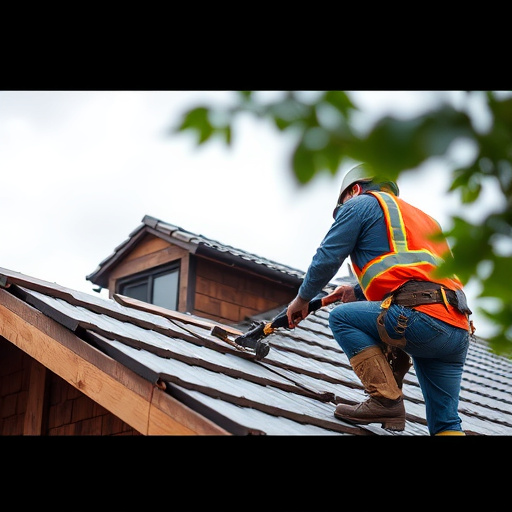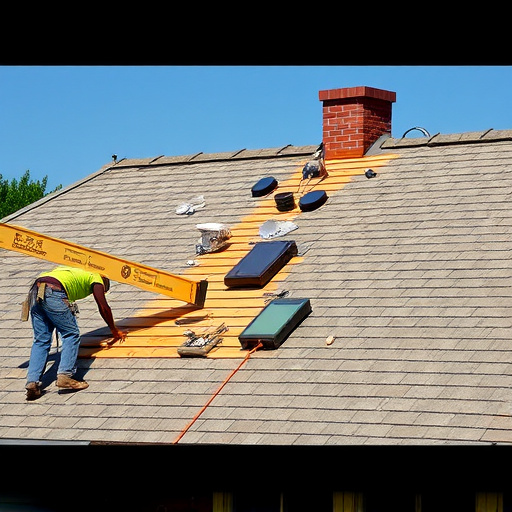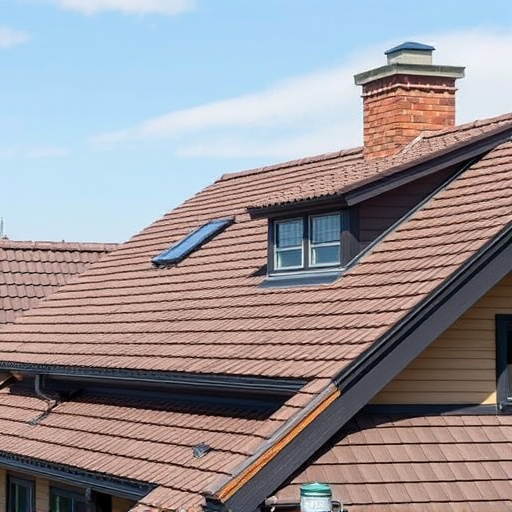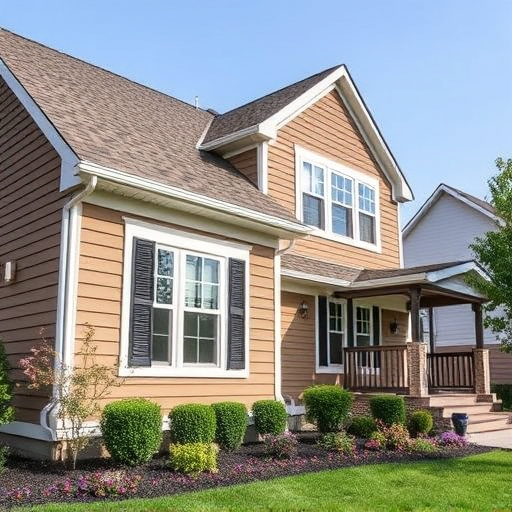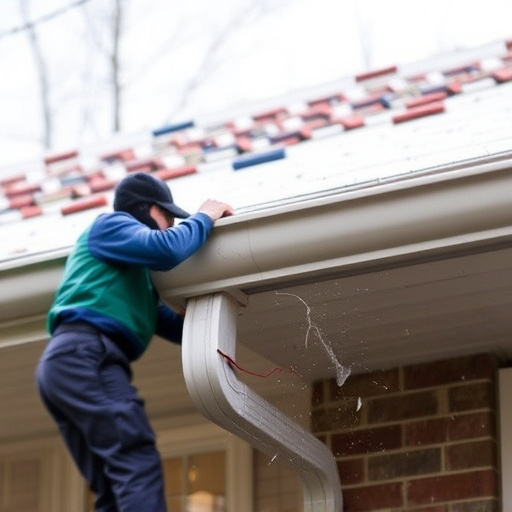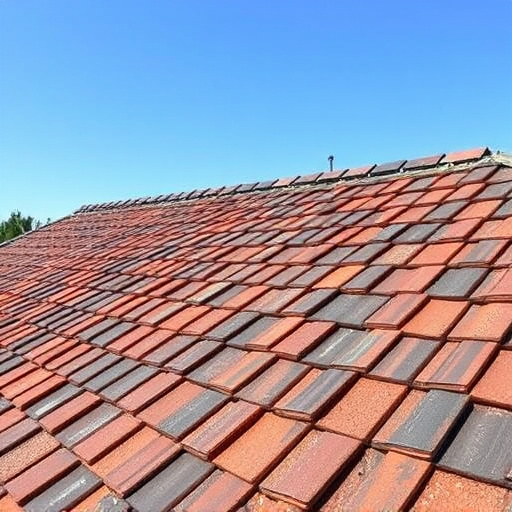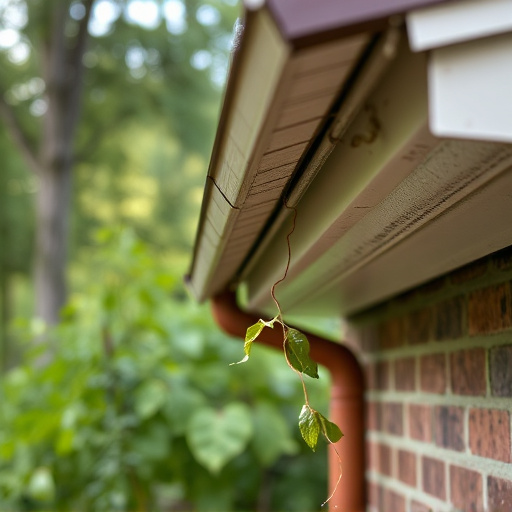Before starting a roof installation project, it's crucial to understand your specific needs, local regulations, and available options (residential vs. commercial). Consult professionals for expert guidance on materials, safety, and compliance. When choosing a contractor, verify their licenses, insurance, certifications, experience in both residential and commercial roofing, and past projects. Effective communication is key; ensure they're responsive, transparent about processes, timelines, and contracts, outlining costs, warranties, and terms clearly.
Choosing the right contractor for your roof installation is a crucial step in safeguarding your home’s investment. With numerous options available, understanding your specific roofing needs and exploring various styles becomes essential. This guide will walk you through the process of selecting a qualified professional. From assessing qualifications and experience to mastering communication and contract negotiations, these insights ensure a seamless and stress-free roof installation journey.
- Understanding Your Roofing Needs and Options
- Qualifications and Experience: What to Look For
- Communication and Contract: Ensuring a Smooth Process
Understanding Your Roofing Needs and Options
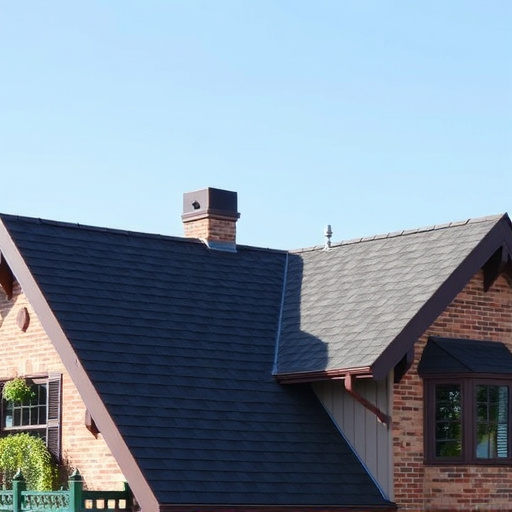
Before diving into the world of roof installation, it’s crucial to understand your specific roofing needs and available options. This involves assessing factors like the size and age of your home or building, as well as the local climate and architectural style. For instance, a commercial property requires different considerations than a residential one, especially in terms of durability and structural integrity.
Seeking professional roof consulting can be immensely helpful. Experts in roofing and siding can guide you through these decisions, offering insights on materials that align with your budget and preferences. They’ll also ensure the chosen options meet local building codes and regulations, which is essential for a successful and safe roof installation.
Qualifications and Experience: What to Look For
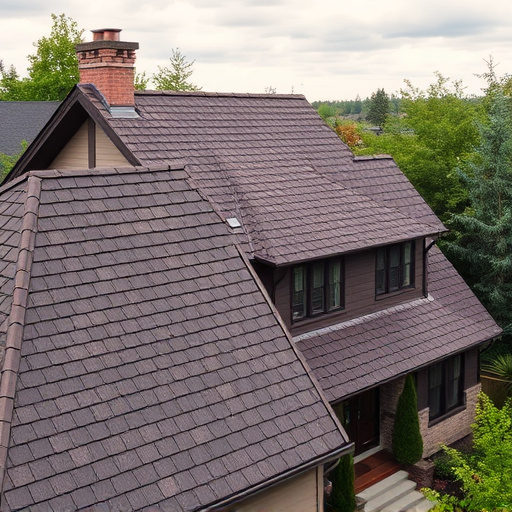
When choosing a contractor for your roof installation project, it’s crucial to assess their qualifications and experience. Look for professionals who possess valid licenses, insurances, and certifications relevant to roofing work. These credentials ensure that the contractor adheres to industry standards and has the necessary skills to handle any challenges that may arise during the installation process.
Experience in both residential and commercial roofing solutions is a significant advantage. A well-versed contractor will be equipped to tackle various roof types, sizes, and styles, including the latest trends and technologies. Their familiarity with storm damage repair can also be invaluable, ensuring your new roof stands up against harsh weather conditions. Always inquire about their past projects, references, and years in business to gauge their expertise and commitment to quality work.
Communication and Contract: Ensuring a Smooth Process

Effective communication is key when choosing a contractor for your roof installation project. Before signing any contracts, ensure that the contractor is responsive, clear in their explanations, and willing to address all your concerns. Ask about their process, timeline, and what’s included in their services. A reputable contractor will provide you with a detailed contract outlining costs, materials used, warranty information, and any additional terms specific to roof installation or repair work, like storm damage restoration.
This transparent communication and well-drafted contract serve as a foundation for a smooth project. It helps set clear expectations, allowing you to make an informed decision about the scope of work and timeline. Remember, a good contractor should offer both residential roofing expertise and home service solutions tailored to your needs, ensuring peace of mind throughout the roof installation process.
When choosing a contractor for roof installation, it’s crucial to weigh qualifications, experience, and clear communication. By understanding your needs, thoroughly evaluating potential candidates, and ensuring a well-drafted contract, you can navigate the process with confidence, leading to a robust and reliable new roof that protects your home for years to come.
